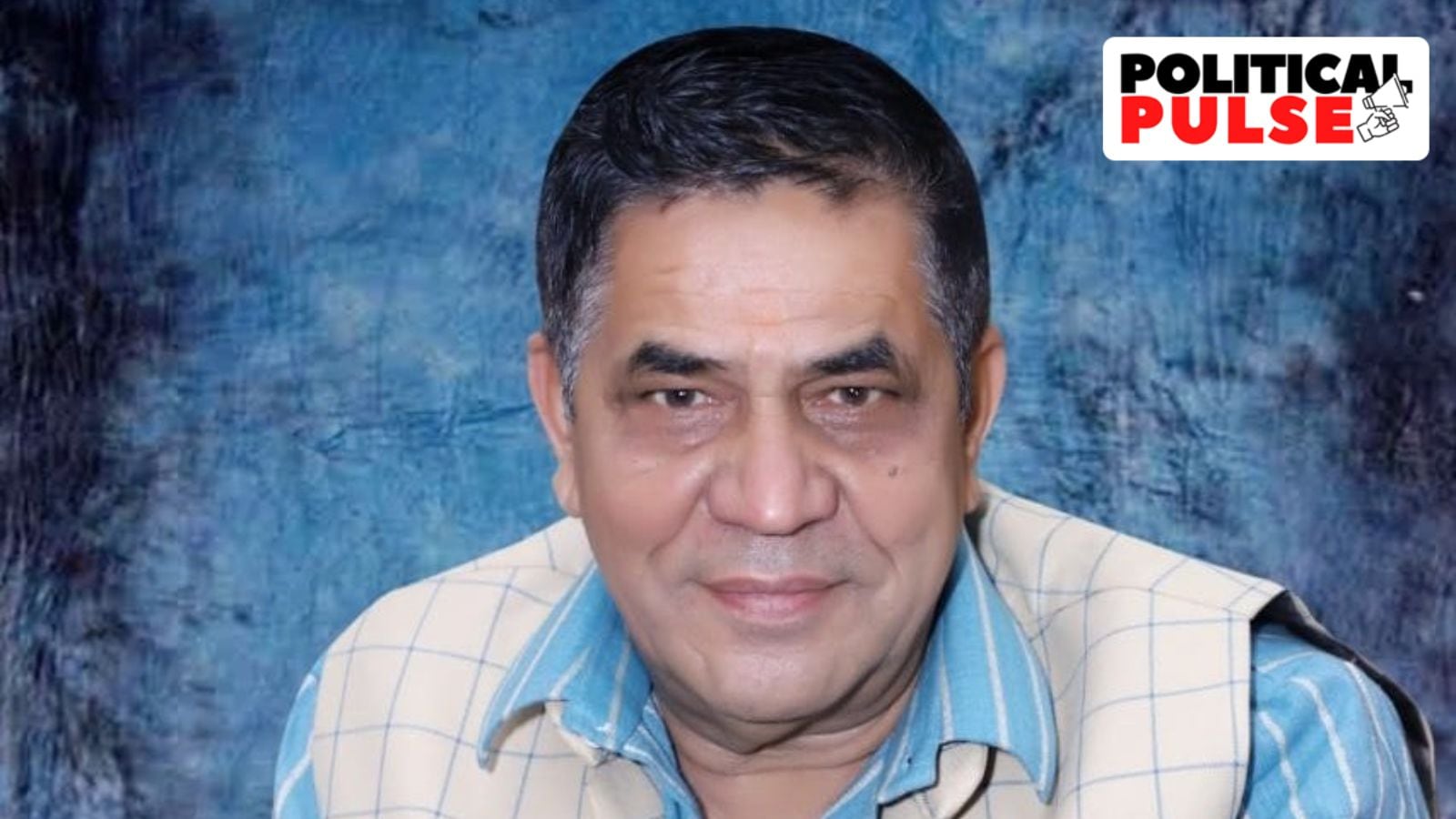 |
|
The recent political maneuvering surrounding Mohan Singh Bisht, a veteran BJP MLA in Delhi, reveals a complex interplay of community dynamics, strategic calculations, and potential electoral risks for the party. Bisht, a five-time MLA from Karawal Nagar, was initially dropped from the BJP's candidate list for the upcoming Delhi Assembly elections, a decision that sparked considerable internal dissent and public outcry. The party's initial choice, Kapil Mishra, a firebrand Hindutva leader, was seen by some as a strategic shift aimed at appealing to a changing demographic profile in Karawal Nagar. However, this decision overlooked the considerable influence and unwavering loyalty Bisht enjoys amongst the Pahadi (Uttarakhandi) community and the Rajput community in Delhi. The potential electoral fallout from alienating such a significant and established leader was evidently deemed too risky.
The swift reversal of the BJP's decision – nominating Bisht for the Mustafabad constituency within a day – underscores the party's recognition of this potential damage. The narrative surrounding Bisht's reinstatement paints a picture of a seasoned politician whose deep-rooted connections and consistent service to his constituents are invaluable assets in the upcoming election. While Mishra's candidature was supposedly backed by internal surveys and an assessment of the evolving demographics, the BJP's leadership ultimately recognized that Bisht's influence within specific communities, particularly the Pahadi community who constitute a significant portion of Mustafabad's electorate, was far too substantial to ignore. The BJP's action highlights the complex balancing act political parties undertake when navigating diverse community interests during election campaigns.
Bisht's popularity within Mustafabad, an area largely comprising his former constituency, offered a strategic advantage for the BJP. His long-standing presence and proven track record in addressing local issues and developmental projects made him an almost indispensable candidate in that area. The party clearly understood that replacing him would likely lead to a significant loss of votes, potentially impacting not just Mustafabad, but also Karawal Nagar, and wider pockets across the city with a substantial Pahadi population. This recognition of his invaluable contribution, coupled with his calm and measured response to the initial snub, further contributed to the party's decision to reinstate him.
However, the controversy surrounding Bisht's initial exclusion and subsequent inclusion brings to light a larger issue – the BJP’s apparent neglect of the Gujjar community in both Karawal Nagar and Mustafabad. These constituencies are marked by a complex demographic landscape, including significant Purvanchali, Pahadi, and Muslim populations. While the BJP might have limited expectations regarding the Muslim vote, overlooking the considerable presence of the Gujjar community represents a potential misstep. The BJP's internal critique regarding the oversights in the initial candidate selection process underscores this vulnerability. The party’s subsequent attempts to rectify the situation with Bisht’s reinstatement, while demonstrating a degree of political pragmatism, do not fully address the larger question of inclusivity and representational balance within its candidate selection strategy.
The entire episode serves as a case study in the intricacies of Delhi’s electoral politics. The BJP’s initial decision to replace Bisht, its most senior legislator, with a younger, more aggressive face hinted at a shift towards a more assertive, Hindutva-centric approach. Yet, the prompt U-turn underscores the limitations of purely demographic-based strategies, highlighting the importance of established political networks and the enduring influence of seasoned leaders who maintain strong ties with their constituents. The eventual solution of placing Bisht in Mustafabad, however, presents a question of potential voter suppression in Karawal Nagar. This episode showcases the delicate balance between strategic adaptation and the preservation of established political relationships within a party’s election strategy, and the potentially significant consequences of misjudging the influence of specific communities during candidate selection.
Source: Dropped, then given Delhi ticket within a day, why BJP could not ignore Mohan Singh Bisht
